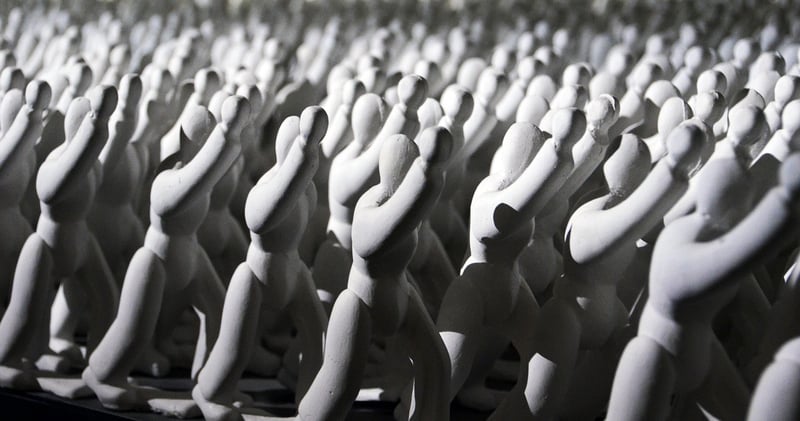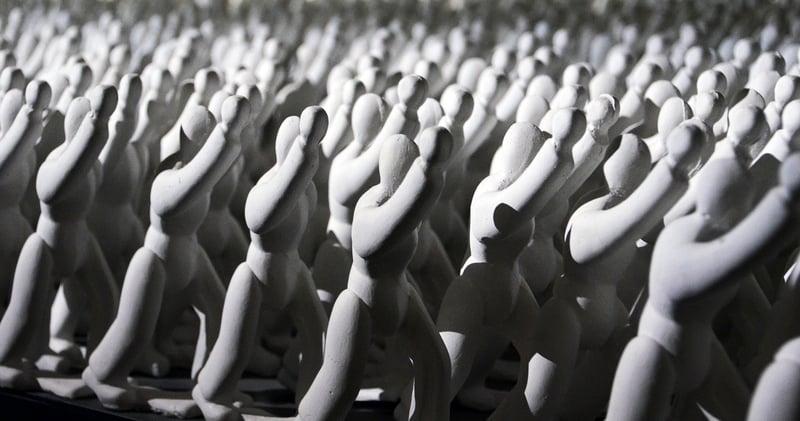Industrial Revolution
#History
#Time Travel
#Archaeology
Exploring the Past: The Industrial Revolution
The Industrial Revolution was a period of significant technological, socioeconomic, and cultural change that began in the late 18th century in Britain and later spread throughout the world. It marked a transition from manual labor and hand production methods to machine-based manufacturing processes.
Key Features of the Industrial Revolution:
- Technological Advancements: The revolution saw the invention and widespread adoption of various technologies such as the steam engine, textile machinery, and iron production methods.
- Urbanization: The growth of industries led to the rapid urbanization of previously rural areas as people moved to cities in search of employment.
- Social Changes: The Industrial Revolution brought about changes in social structures, including the rise of the middle class and the formation of labor movements.
- Economic Impact: The shift to industrial production resulted in increased productivity, economic growth, and the emergence of capitalist economies.
Effects of the Industrial Revolution:
The Industrial Revolution had a profound impact on society, economy, and culture, shaping the modern world in many ways. Some of its effects include:
- Urbanization and Population Growth: Cities expanded rapidly, leading to overcrowding and poor living conditions for many.
- Environmental Impact: Industrial activities contributed to pollution and environmental degradation.
- Labor Conditions: Workers often faced long hours, low pay, and unsafe working conditions, sparking labor reforms and movements.
- Globalization: The Industrial Revolution paved the way for increased global trade and interconnectedness.
Despite its challenges, the Industrial Revolution laid the foundation for modern industrial societies and shaped the world we live in today.
Explore More:
If you are interested in learning more about the Industrial Revolution and its impact, check out the following resources:

